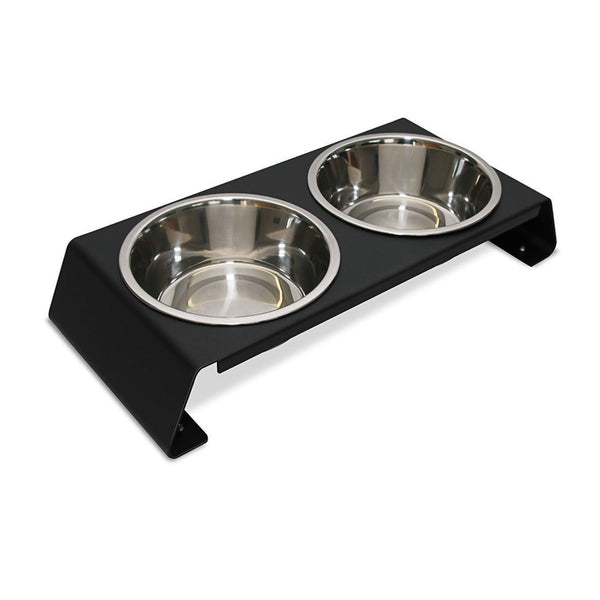It can always be a big concern when stomach issues arise, often serving as a warning sign for your dog's health. While an occasional upset stomach may be harmless, persistent symptoms are the ones to worry about, as they could indicate serious underlying health problems requiring attention. A responsible dog owner should know when digestive troubles are serious enough to warrant concern.
Common Signs of a More Serious Condition
It is critically important to recognize potential warning signs if a dog has multiple digestive problems. These may include:
-
Chronic diarrhea or vomiting
-
Loss of appetite or noticeable weight loss
-
Blood in the stool or vomit
-
Lethargy and unusual behavior
-
Excessive gas or bloating
Ruling Out Parasites and Infections
Before investigating more serious conditions, veterinarians will conduct tests focused on common parasites and infections. These typically include:
-
Fecal Examinations: Used to identify parasites such as hookworms, roundworms, and coccidia.
-
Giardia Checks: A specific test to rule out this common protozoal infection, which causes chronic diarrhea.
-
Broad-Spectrum Deworming: A treatment approach that eliminates obvious or suspected causes without unnecessary waste.
The Greater Risk of Whipworms
Compared to other parasites, diagnosing whipworms during a routine examination can be more challenging. This is because whipworms intermittently shed eggs, meaning a single negative fecal test does not guarantee the dog is free from infection. If a veterinarian suspects whipworms, they may suggest a trial treatment, which is both safe and effective, to confirm the diagnosis by observing symptom responses.
Wholesome Homeopathic and Supportive Remedies
While the root cause is being assessed, certain natural remedies can provide relief and support digestive health in dogs:
-
Nux Vomica: A common homeopathic treatment for mild nausea and stomach discomfort.
-
Probiotics: Help stabilize gut health and improve immunity.
-
Digestive Enzymes: Aid in breaking down nutrients and promoting absorption.
-
Slippery Elm and Marshmallow Root: Natural options that soothe the digestive tract.
When to Consider Advanced Diagnostics
If initial treatment does not resolve symptoms, further diagnostic work may be necessary. This could include:
-
Endoscopic Biopsies: A minimally invasive procedure to examine intestinal tissue for signs of inflammatory bowel disease (IBD) or cancer.
-
Food Sensitivity Testing: Identifies potential allergens that may be causing chronic irritation.
-
Ultrasound Imaging: Evaluates structural abnormalities or foreign objects in the digestive tract.
Dog Health Tops All Other Issues
Persistent stomach problems can greatly affect your dog’s quality of life. As a pet parent, being vigilant and taking swift action can make a significant difference. Seek veterinary consultation if symptoms persist to explore testing and treatment options. By knowing what to do and when to act, you can help ensure your furry friend enjoys a long and happy life, free from digestive distress.
https://www.akc.org/expert-advice/health/how-do-you-spell-r-e-l-i-e-f-for-your-dogs-upset-stomach/





